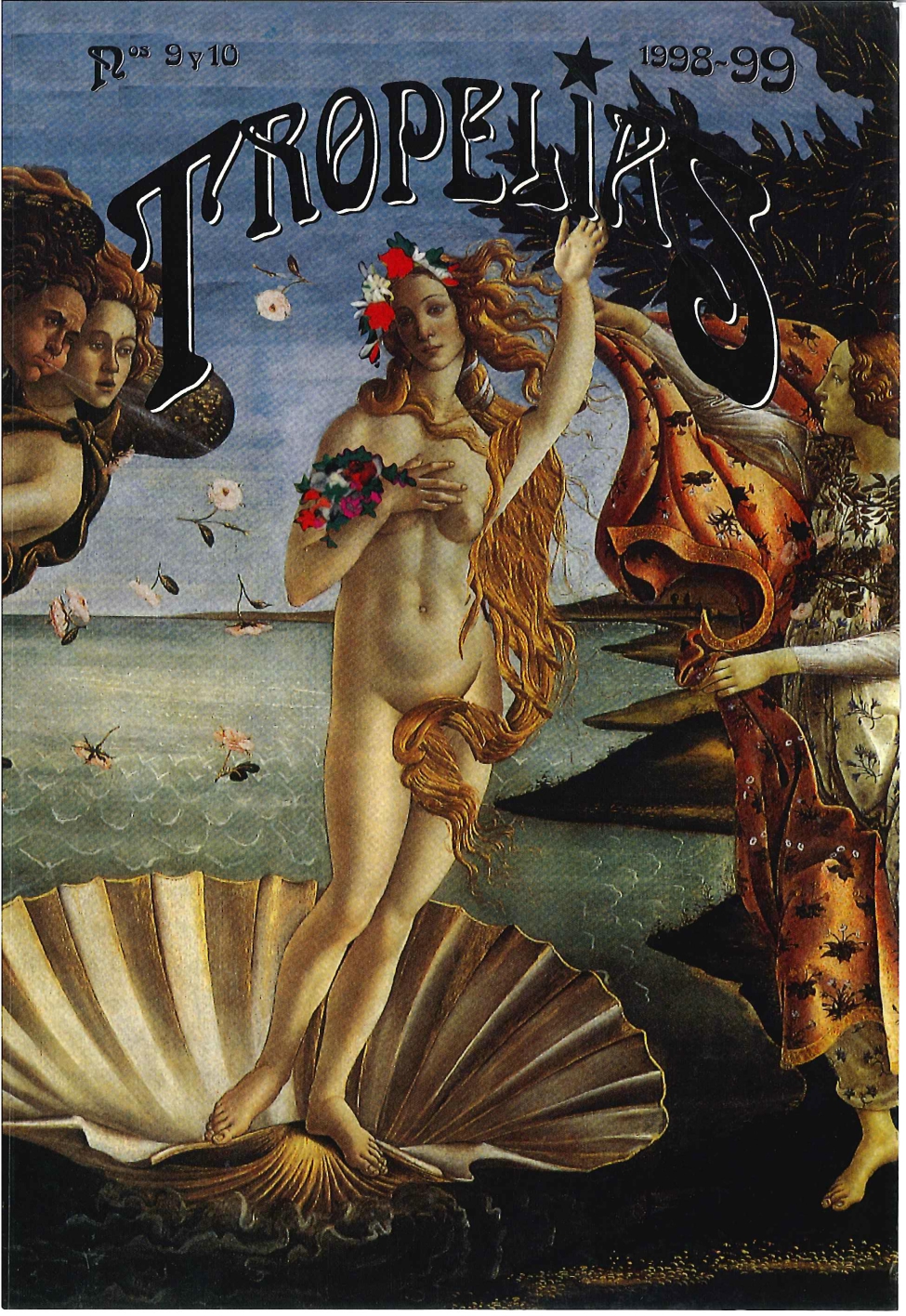Canon and canonization in García Márquez's work
DOI:
https://doi.org/10.26754/ojs_tropelias/tropelias.19999-105712Keywords:
Gabriel García Márquez, canonAbstract
An analysis of the literary work as well as the journalism and the cinematography of Gabriel García Márquez reveals the presence of two main autorial concerns: 1) the literary strategy adopted by the autor and his narrators for textualizing the hagiographical and secular practices of "canonization", and 2) the use of parody, as a literary device, to question the (de)formalion of Colombia's literary and historical canon. Due to the fact that these literary aspects of García Marquez's work have not been investigated in a systematic way, I propose in this essay to identify the thematic and technical strategies used by the Colombian author and his narrators to transpose fïccionally in his texts the cultural practices of both "sacred (religious) canonization" and "secular (historical and literary) canonization" as a means to "deconstruct" Colombia's offïcial concept of national history and literature. This study is based on the theoretical concepts of E. Sullà ("canon formation"), A. Gramsci y M. Foucault ("official discourse"), and B. Anderson ("nation and nationalism").
Downloads
Downloads
Published
How to Cite
Issue
Section
License
Copyright (c) 2021 Nelson González-Ortega

This work is licensed under a Creative Commons Attribution 4.0 International License.
Los artículos enviados a la revista Tropelías deben ser originales e inéditos, no publicados previamente en cualquier soporte. Únicamente se aceptará material publicado total o parcialmente con anterioridad, o que esté en proceso de evaluación en otra revista, si se hace constar la causa de tal duplicación y se facilita la fuente donde ha aparecido dicho artículo.
Las imágenes que se incluyan en los artículos estarán libres de derechos de reproducción y, en caso contrario, los autores deberán presentar los permisos para su publicación y asumir los pagos derivados de ello.
Los artículos y reseñas publicados en la revista Tropelías pueden ser incluidos en repositorios temáticos o institucionales desde el momento de su publicación, sin modificación alguna e indicando claramente su procedencia.


